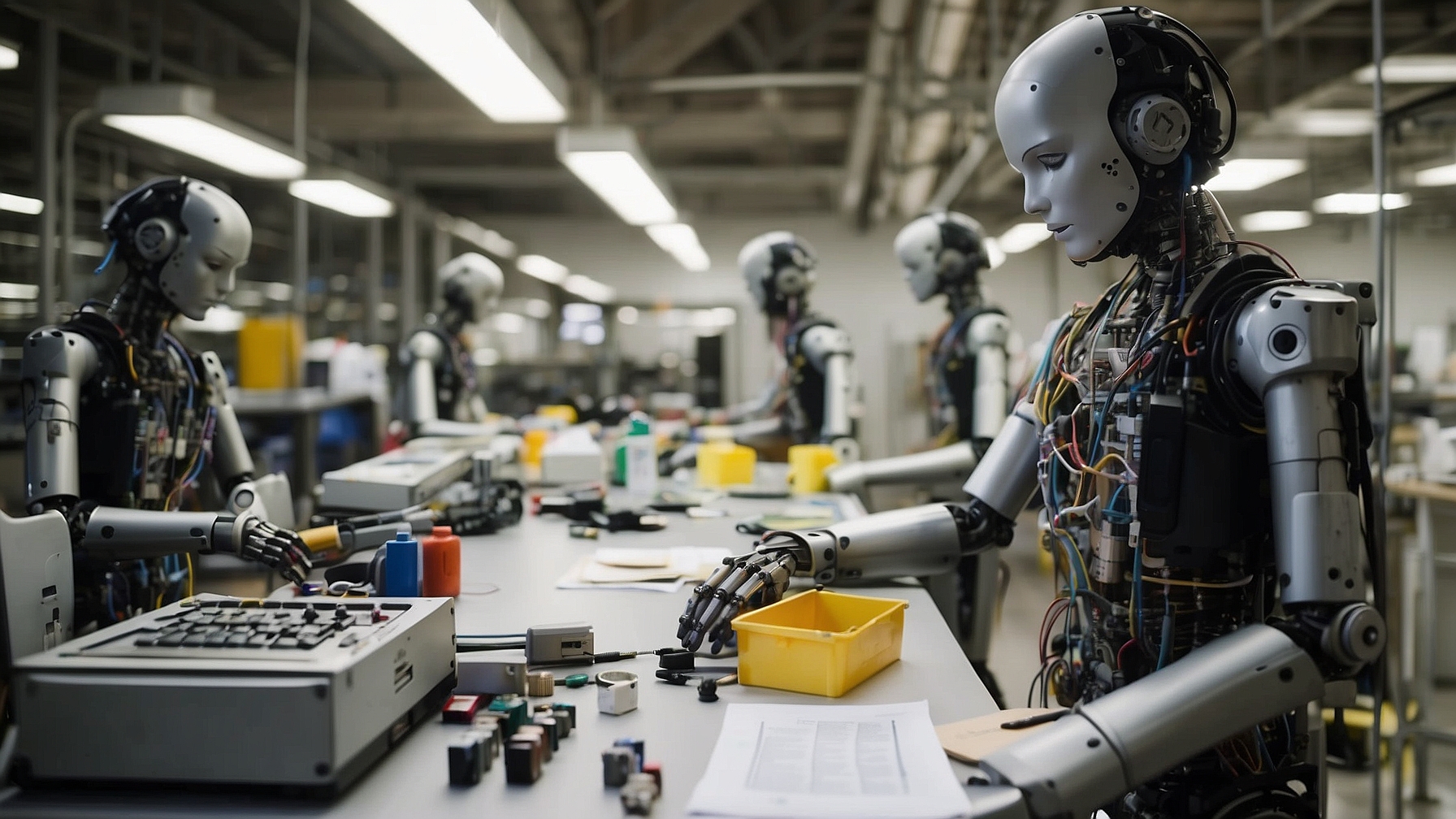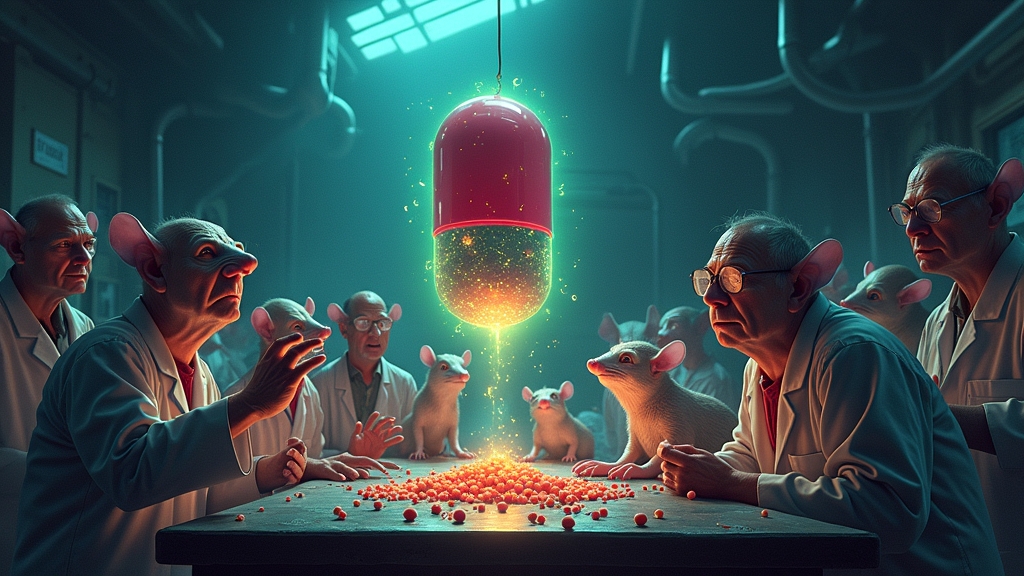Robots Poised to Take Over Thankless Jobs So Humans Can Focus on More Important Tasks Like Updating Their LinkedIn Profiles
In yet another bid to make human life slightly less excruciating, the titans of technology have announced the development of Robotic Process Automation (RPA) ready to sweep through contact centers like a caffeinated Roomba. This digital revolution promises to relieve contact center agents of the ever-important, but utterly soul-crushing, repetitive tasks that have somehow inexplicably not driven them to madness yet.
“Finally, we can shift our focus from limited roles like button-pushing monkeys to more strategic initiatives—such as perfecting the art of holding a coffee mug just right for that ‘deep-in-thought’ Zoom call photo,” said Todd G. Stressed, Chief Officer of Imaginary Work at BigTech Solutions.
Mavens of monotony across the industry are breathing a collective—not to mention unenthusiastic—sigh of relief, as RPA boasts capabilities like automating the life-altering task of clicking ‘next’ on customer complaint tickets. These advanced robots will heroically process more grievances in an hour than the average agent does in half a week, all without needing a bathroom break or offering a hint of passive-aggressive sarcasm.
“Honestly, this is a win for us,” claimed Jane Botjob, a contact center veteran with the tan lines from headset straps to prove it. “Let the robots pretend to care about the seventh call in a row about malfunctioning blenders. I’ll be busy enriching my skillset, by which I mean learning how to mute Netflix fast enough so the boss doesn’t hear.”
Some industry insiders, however, have expressed concerns about our impending robot overlords, wondering how it’s possible that robots, devoid of souls and empathy, could possibly deliver an even more human touch than the previous system, which consisted of overly cheerful prerecorded apologies and the occasional error in human judgment.
But fear not, as the true purpose of RPA is to liberate us all from mundane tasks so we can finally pursue higher forms of company culture. You haven’t lived until you’ve experienced an after-hours team-building PowerPoint karaoke session or shared in the joy of a virtual pet parade.
Ultimately, with automation taking the wheel, the future looks bright—so long as by “bright,” we mean a glare blinding enough to distract us from the existential dread of being replaced by yet another line of code. Until then, let us enjoy juicing up our résumés in anticipation of our next performance review, while the algorithms handle the actual work and we relish in our true potential: perfecting the ambient lighting for virtual backgrounds.




